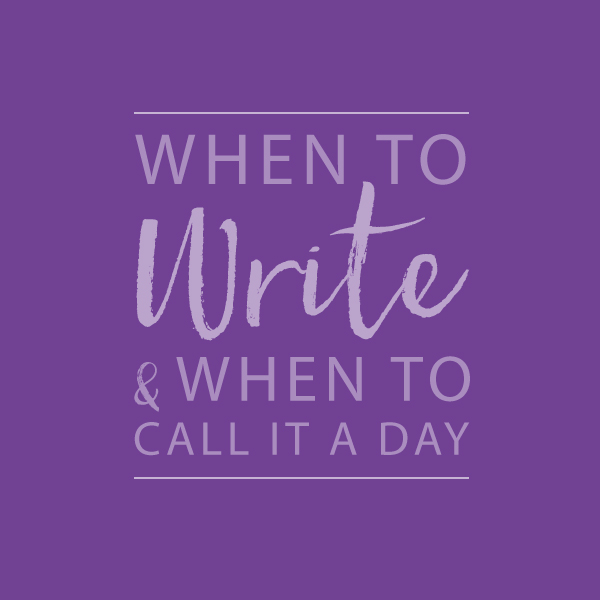I’ve been thinking a lot about how to keep writing when the world is both literally and figuratively on fire, which led to this week’s article on the Final Draft blog. It was in part inspired by a Twitter conversation I stumbled across where writers were sharing how unproductive they were feeling. Since I’m finding that the more I lean into writing and our Called to Write community, the more stable, grounded, and productive I feel, I was inspired to write this article about what I’m doing in the hopes of helping you keep writing too, even when things are in such a state of upheaval.
![]()
“…your desire to write comes from the urge to not just be “creative,” it’s a need (one every human being on earth has) to help others.”
— Shawn Coyne, The Story Grid.
![]()
Right now it feels like, one way or another, the world is falling apart. As a result, writers are more vulnerable to distraction, stress and anxiety than usual. I’m seeing threads, articles and discussions running the emotional gamut; from despair and rage, to hope and determination, while simultaneously making it clear how hard it is to write or do anything other than scroll the news and social media—at least for those of us willing to say so publicly.
Now more than ever, we need our writing community. In that spirit, here are six tips to help you keep writing, even when it feels like things are falling apart.
Read the article on the Final Draft blog here:
6 Tips To Keep Writing When It Feels Like the World Is Falling Apart





